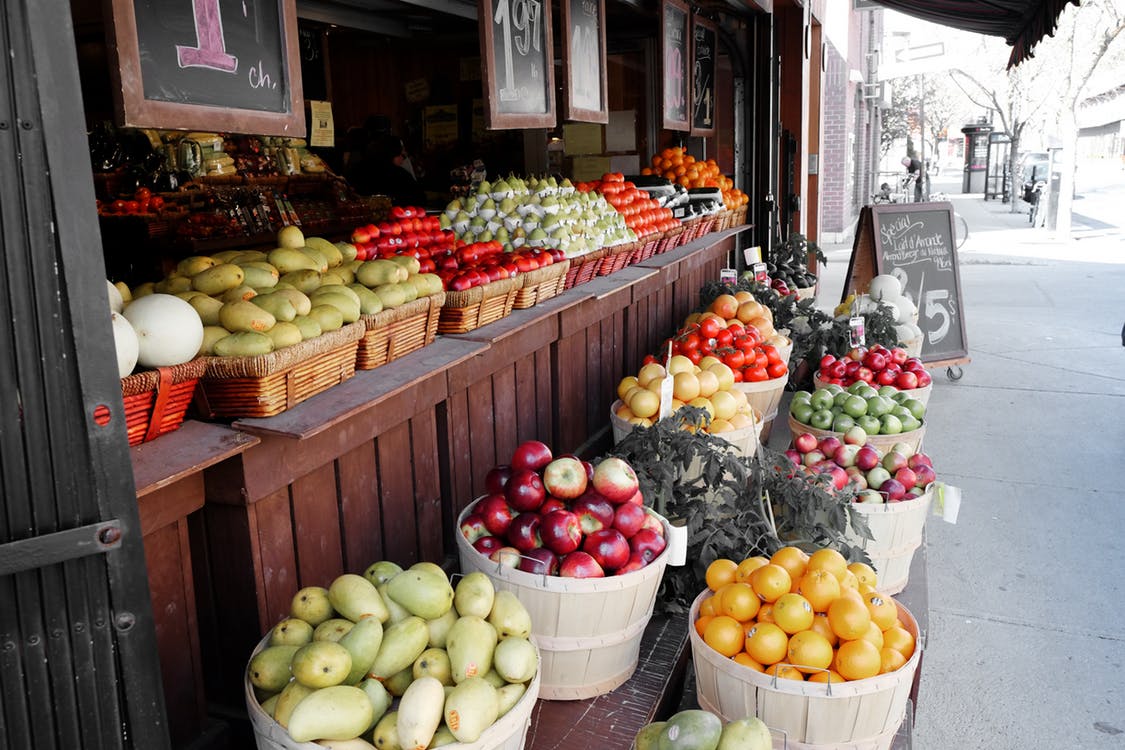A tree needs a variety of elements from different channels to grow, remain stable, and eventually thrive. They require light from the sun, nutrient rich soil, water, and fresh air. If one of those essentials is taken away, the tree will suffer and no longer be able to provide benefits to others.
Like a tree, the food supply chain has specific needs to flourish. Regulatory standards, food protection, and public health are critical to the safety and quality of the food products. The last thing any food supplier needs is a problem with their product at the wholesale, retail or consumer level. Without a well-organized supply chain process the increase in food transport not only has a damaging impact on cost, but an increased risk to the food quality, safety, security, and trace ability. Reducing food losses and waste is one of the key measures to advance food security in the upcoming years.
1. Storage: How products are stored can have a significant impact on your supply chain process. Food can be easily spoiled and go to waste. It is critical to use proper storage practices throughout the process. Using a logistics provide that is knowledgeable about compliance requirements for the manufacturing and storage process is imperative to the success of the food supply chain.
2. Transport: The food supply chain relies on transportation systems. Transport capacity for the food chain to processing plants and markets is a challenge in the Asian markets. Damage to inapt containers and packaging, poor infrastructure, temperature issues, moisture, chemical pollutants and insects are all challenges to the transportation process. Find a good logistics solution that includes efficient product movement. It will be key to successfully transport goods to their final point of destination.
3. Communication: Communication is the third challenge to overcome in the supply chain. The structures of communication and information causes logistics risks in the food supply chain. Lack of weather data, transportation disruption, road safety, and regional solidity can impact the supply chain at different levels and different transport means. Having strength in these systems will allow ample prominence and transparent communication through the supply chain process. Find a logistics provider who has knowledge on these technologies and can provide visibility so you remain in control of your products.
4. Tracking: The fourth challenge in the food supply chain is traceability. With small suppliers meeting the food demand, and a disjointed food chain, quality and safety standards often become endangered. Lack of knowledge of good practices such as GMP, HACCP and GAP escalates the issues. Without an effective and efficient traceability system, it is impossible to determine the exact origin of food products and may bring up food contamination issues. Make sure your logistics provider has the capability to track all your products and can provide updated reports on all your shipments.
RAK Logistics can take out the great uncertainty over food safety, security and contamination. We understand the food requirements in the Asian and US markets and will help you streamline your supply chain, eliminate costs, and guarantee your product arrives safely, securely and in good condition to your consumer. Learn more about the logistics of food by downloading our White Paper: How to Overcome Challenges facing the Food Supply Chain.
Contact us to learn how RAK Logistics can provide a global solution for your supply chain.


